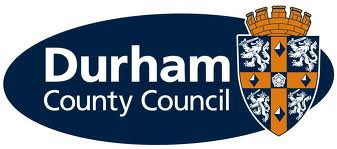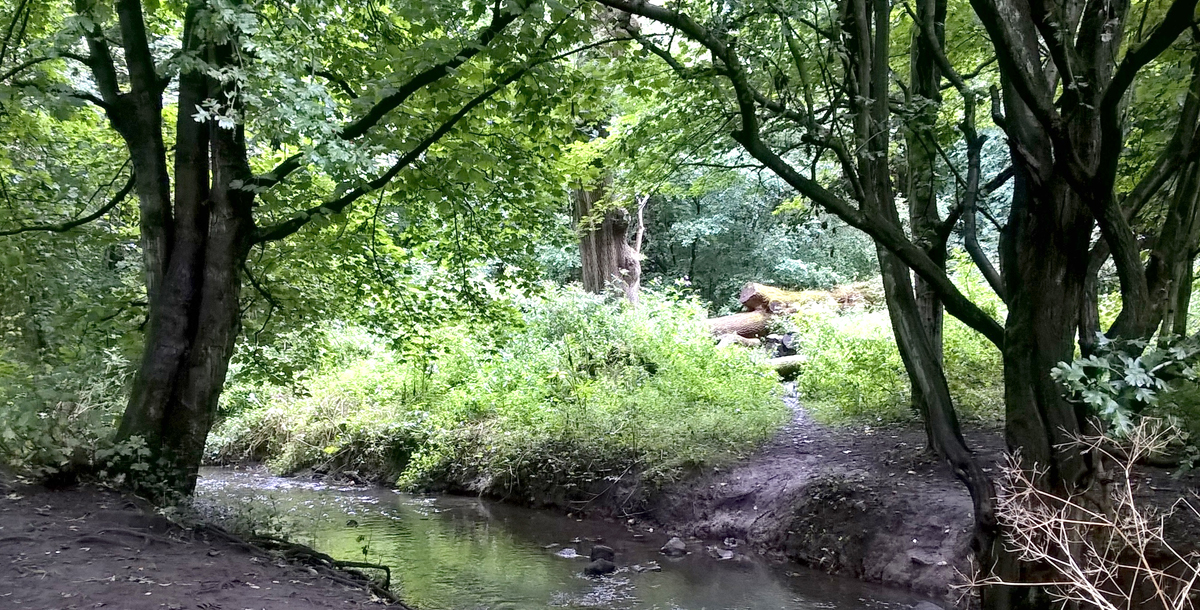Councillors will consider plans to prioritise regeneration projects across County Durham based on which communities are most in need, as part of wider efforts to boost the county’s economy as part of the response to the coronavirus pandemic.
Durham County Council’s Cabinet will hear that the Towns and Villages Strategy is more important than ever as a result of the unprecedented challenges brought about by the pandemic.
As people adapt to new ways of working, shopping and travelling, the meeting will highlight the need to update and refocus the strategy to best support communities and help towns and villages become more resilient by working with key partners and aligning council activity.
An additional £18 million has been identified to ensure further resources are directed to all communities, particularly those facing the most challenges over the next three years.
In order to determine that, the council is proposing to use an evidence base considering several factors such as employment, housing, health and crime to identify areas most in need of support. This will ensure projects are directed to areas where the most impact can be made.
The approach to Towns and Villages was initially agreed by Cabinet in December 2018, to extend the council’s success in regenerating its main centres and ensure issues that affect people in smaller towns and villages were also tackled.
At the time, it committed to spending on local regeneration proposals, the purchase of derelict buildings and land and environmental improvements in communities across the county, following feedback from local councillors regarding the challenges facing local people.
The issues raised were grouped into five distinct themes which underpin the strategy: strategic investments, housing and community, environment and health, the built environment and transport and connectivity.
A number of successful pilot projects, which were commissioned following the Cabinet report in December 2018, will continue to be rolled out across the county.
One such project was The Digital High Street Initiative which funded free public Wi-Fi in Bishop Auckland and Stanley, and is now being installed in Chester-le-Street, Barnard Castle and Seaham. Training is also being developed for retailers and businesses to maximise the use of online sales and promotions to support retailers to improve their business resilience in the face of changes to retail.
Another area that has already seen additional focus is assisting with the conversion of vacant retail stores to provide a range of new uses, including smaller retail start up space, employment space and residential units.
The Towns and Villages strategy forms part of a co-ordinated focus to ensure the council can continue to meet the needs of its residents including the refreshed County Durham Vision and 2019 Housing Strategy, which ensures the needs of communities can be met.
The Vision, which was launched by the County Durham Partnership last year, provides a shared understanding of what the county should look like in 15 years’ time and sets out three ambitions to improve the quality of life of residents. The Vision for 2035 is that there are more and better jobs; people living long and independent lives and that communities are well connected.
In addition to the County Durham Vision, the Towns and Villages strategy must also now take into account the impact of the coronavirus pandemic, recognising the additional pressures faced by businesses in towns and village centres and helping communities to recover and build long term resilience.
As well as using the evidence base to target the most affected areas, the council proposes to work closely with its Area Action Partnerships (AAPs) across the county to identify strengths and weaknesses in each of the different areas and monitor the support available in those to coordinate funding and projects.
If approved, discussions with AAPs will take place over the next two months and will inform an action plan, which will be considered by Cabinet in January 2021.
Cabinet will meet virtually at 9.30am on Wednesday 14 October. Members of the public can view the meeting on the council’s YouTube channel at www.youtube.com/DurhamCouncil










